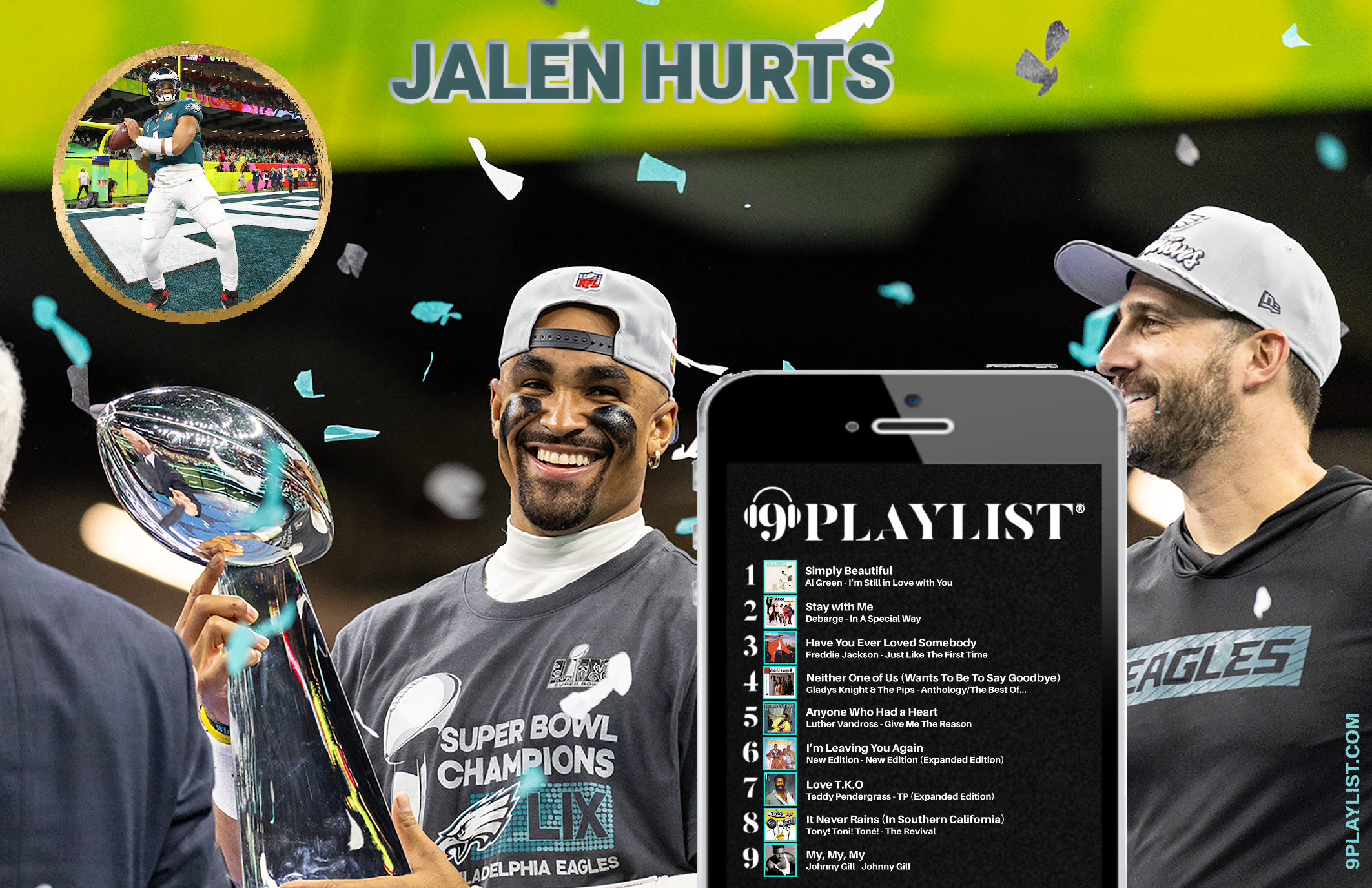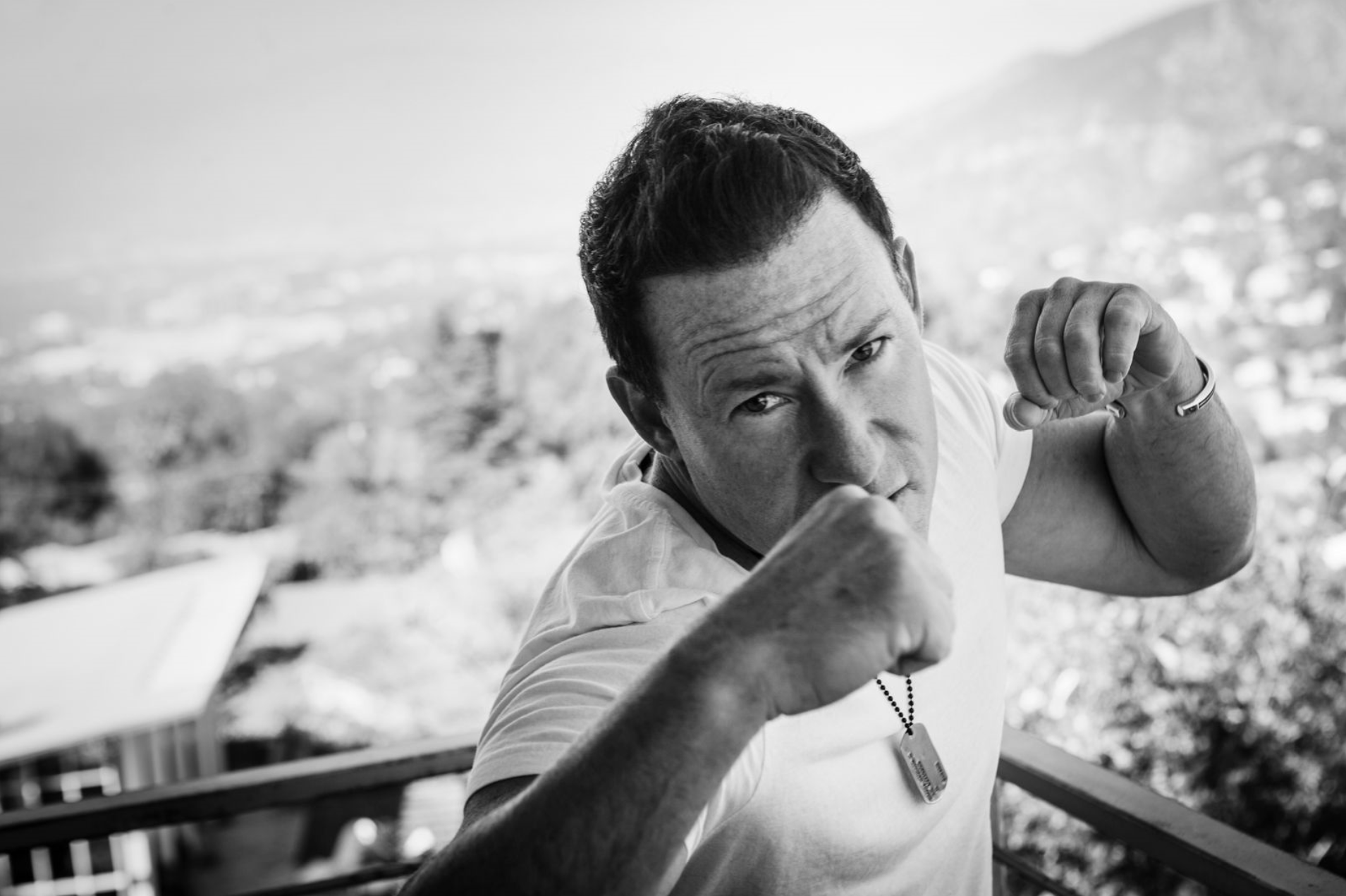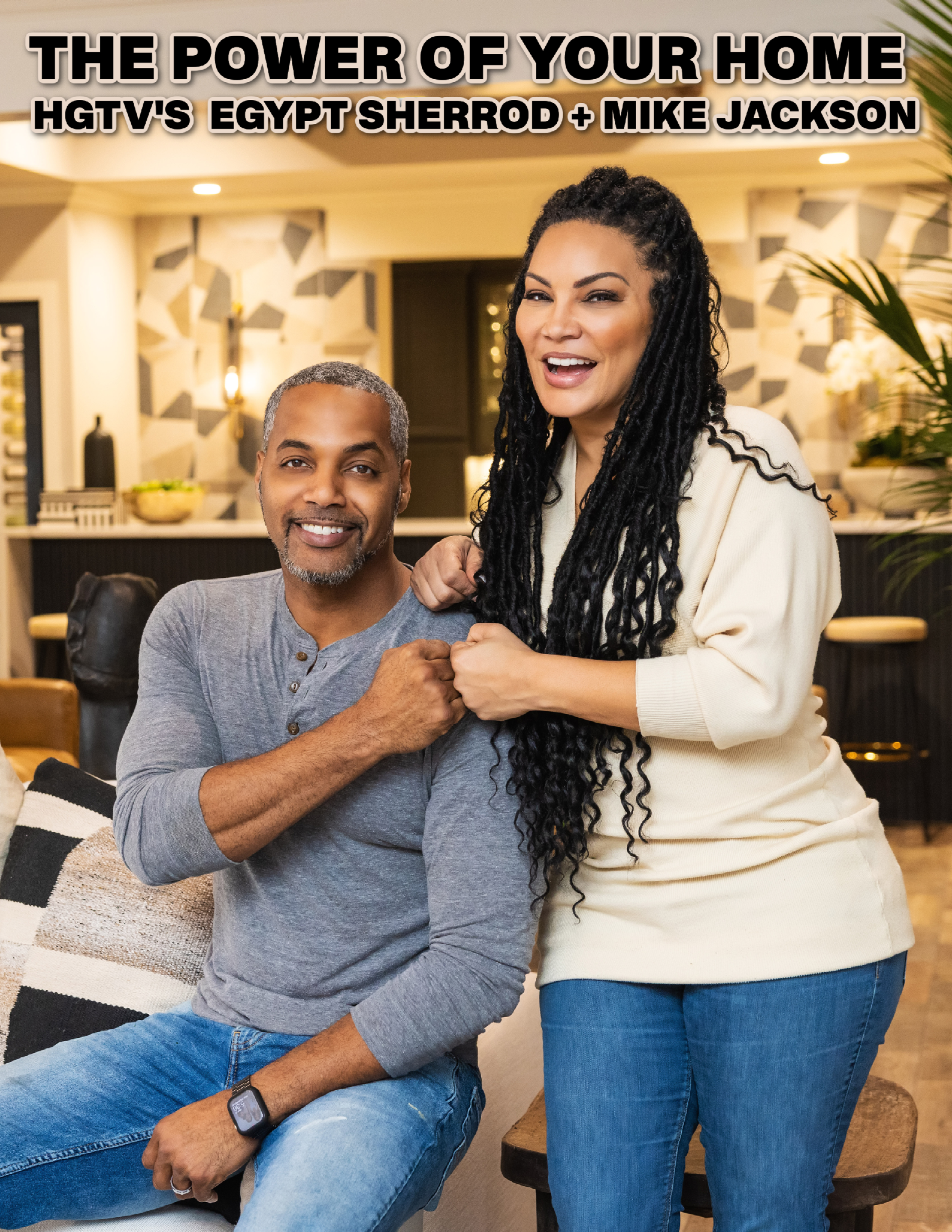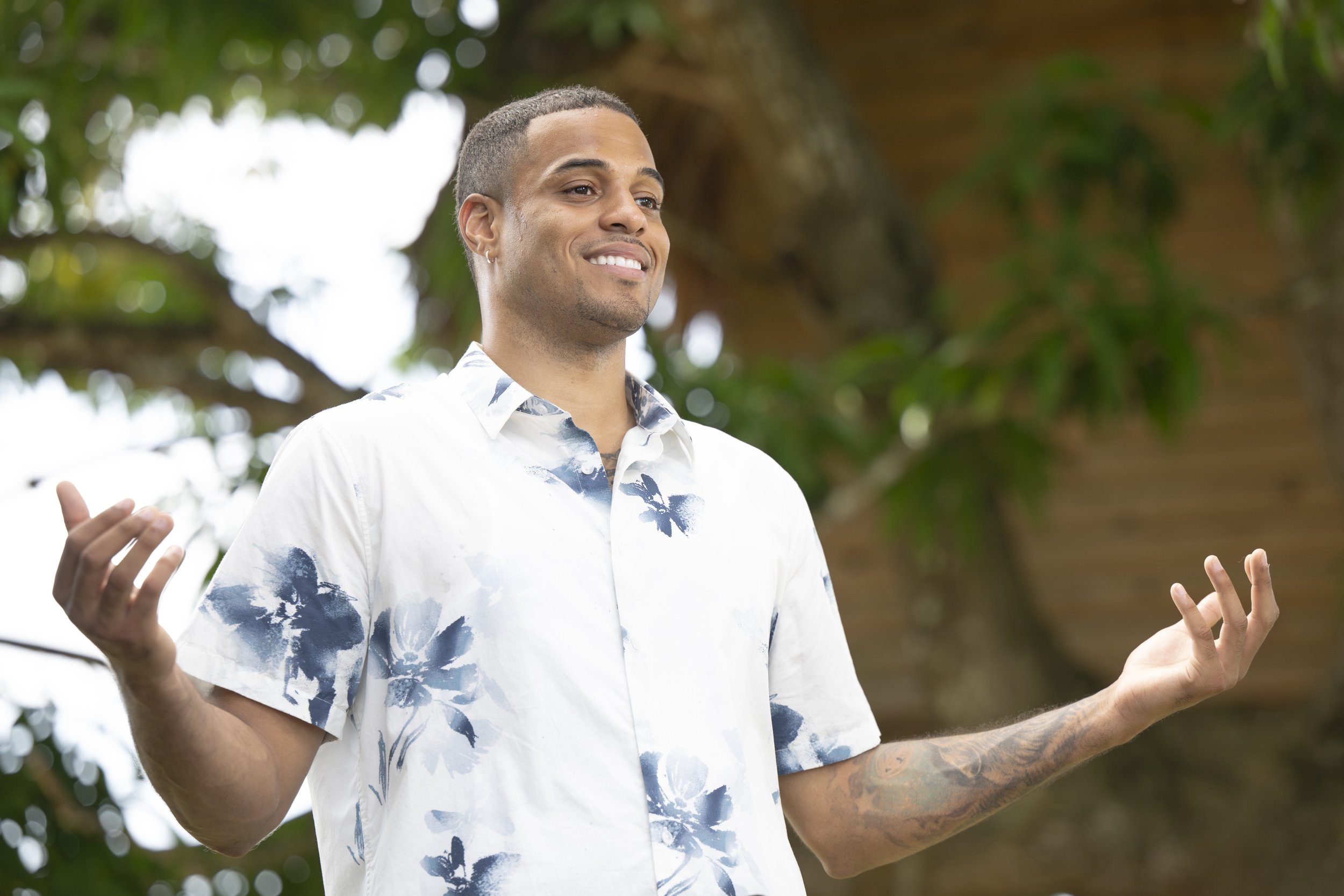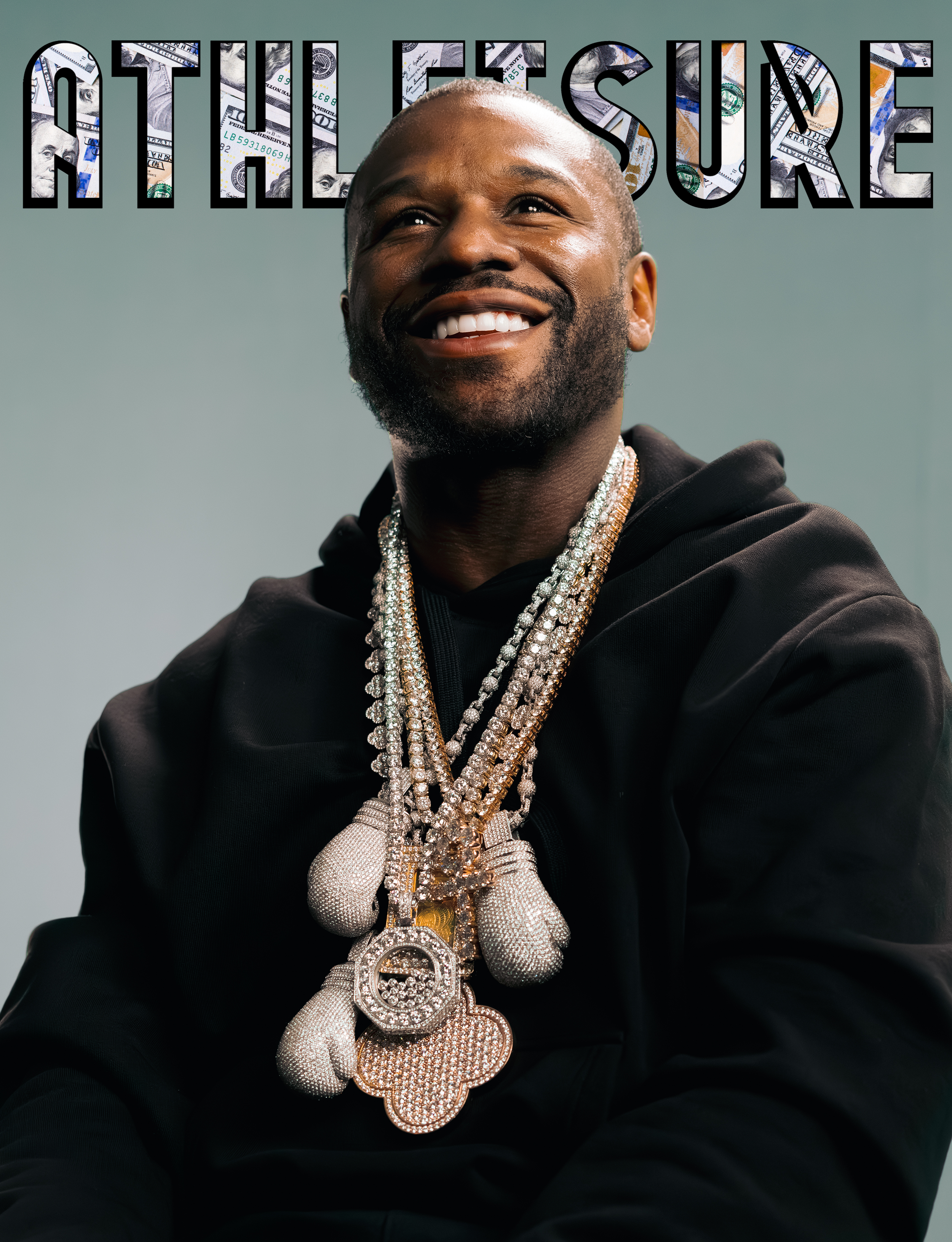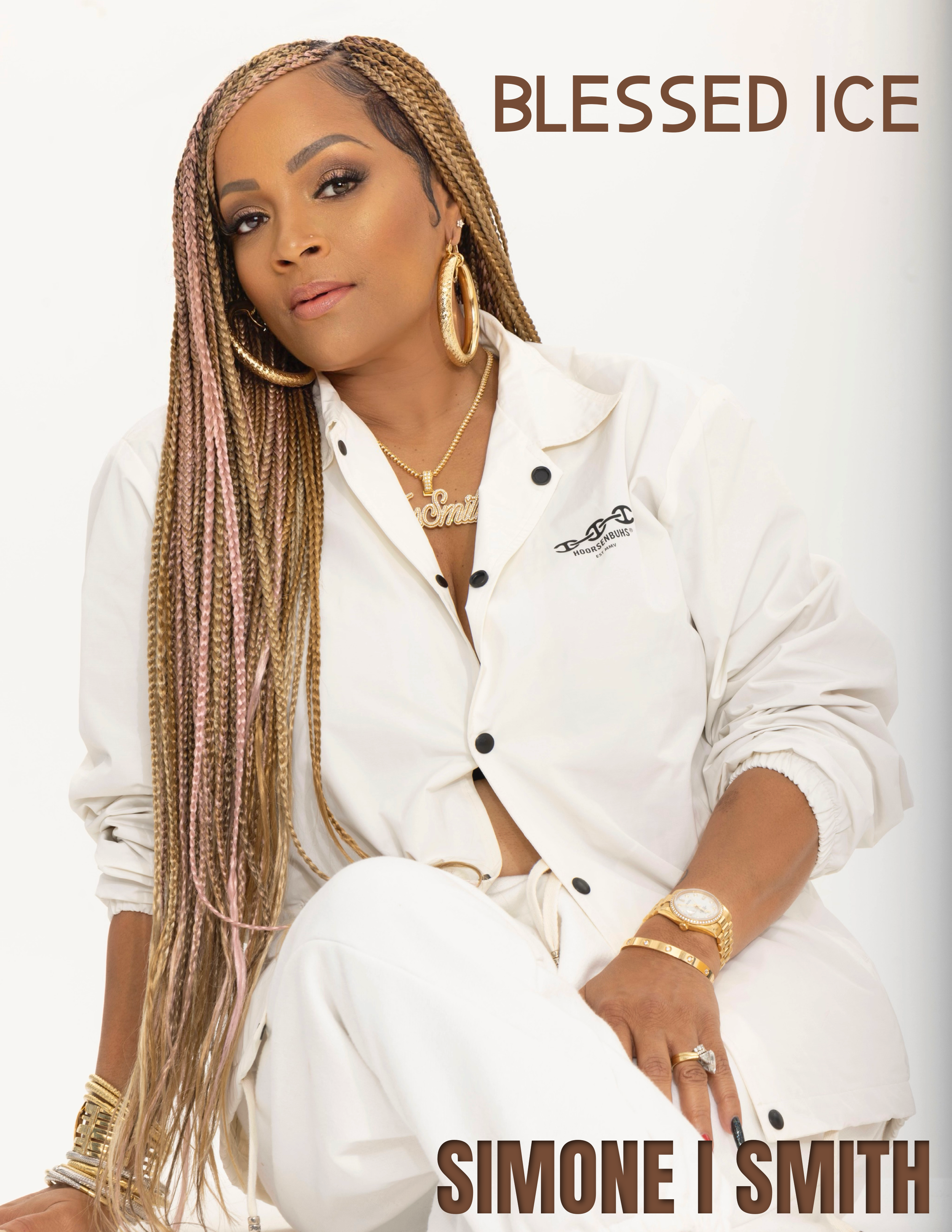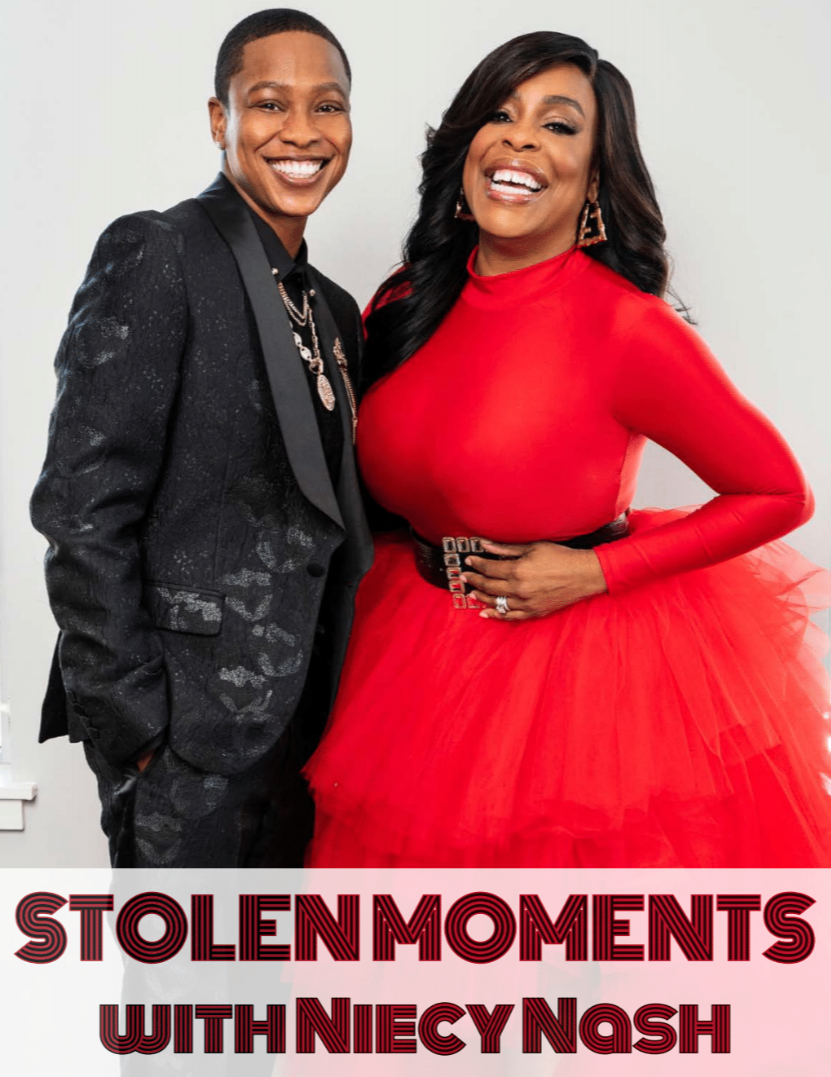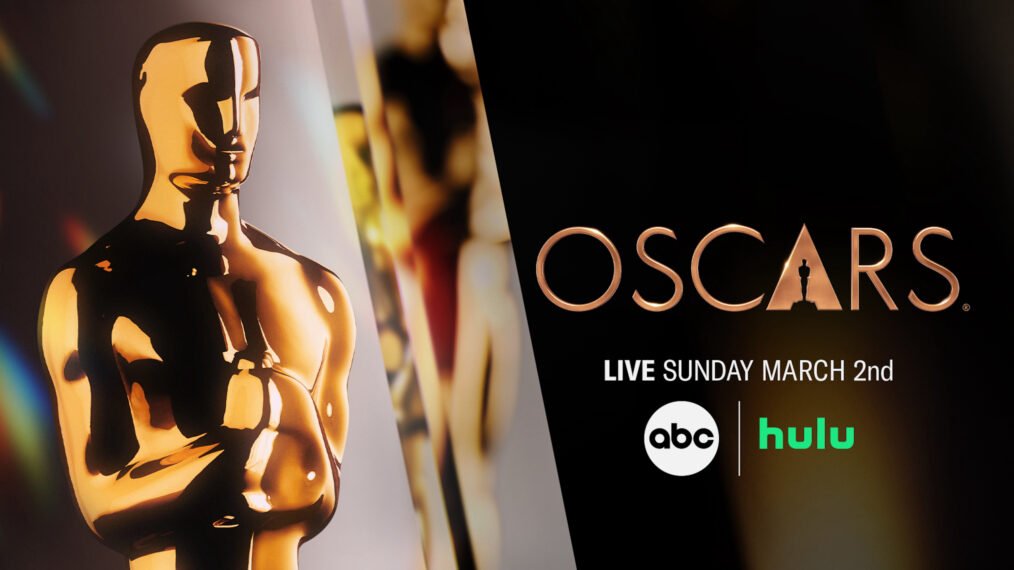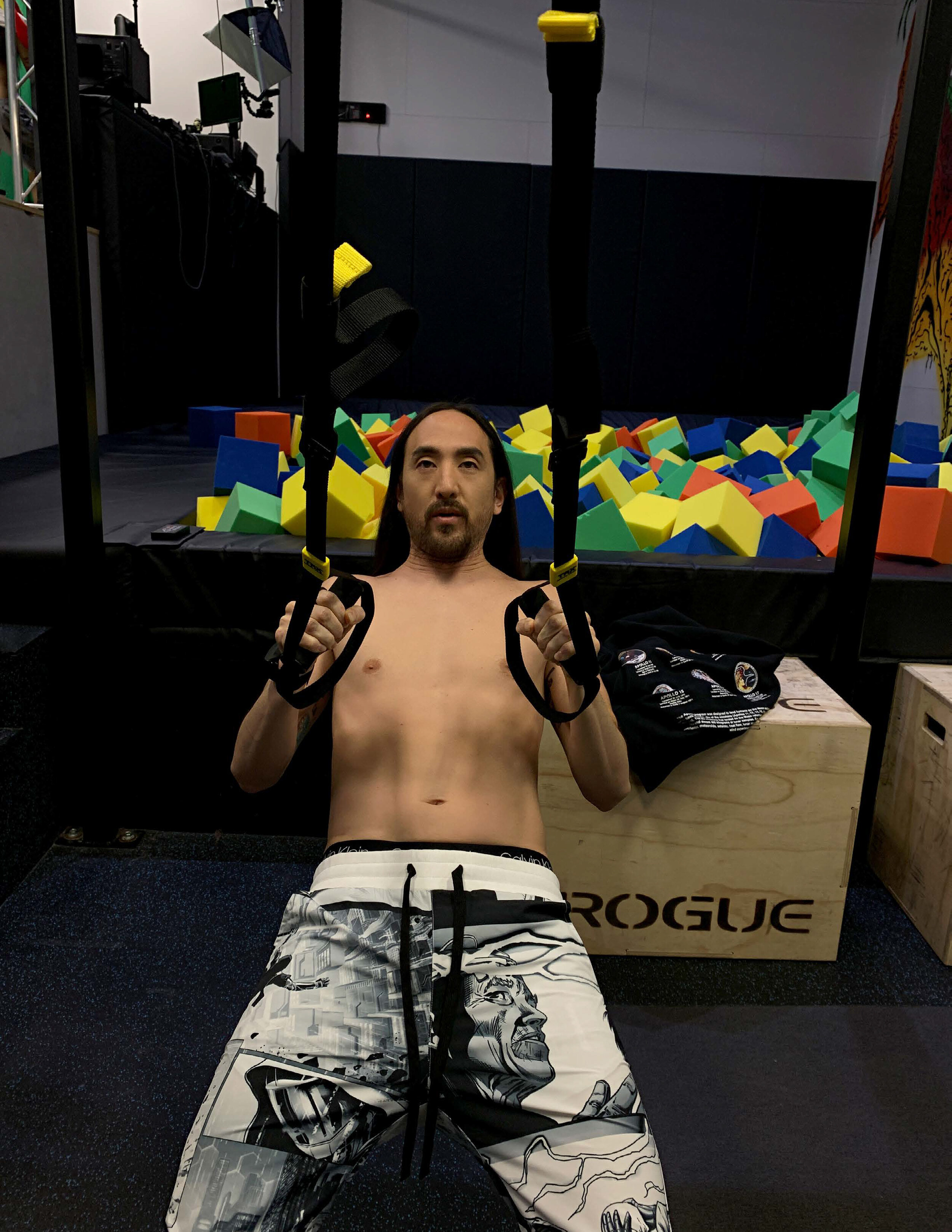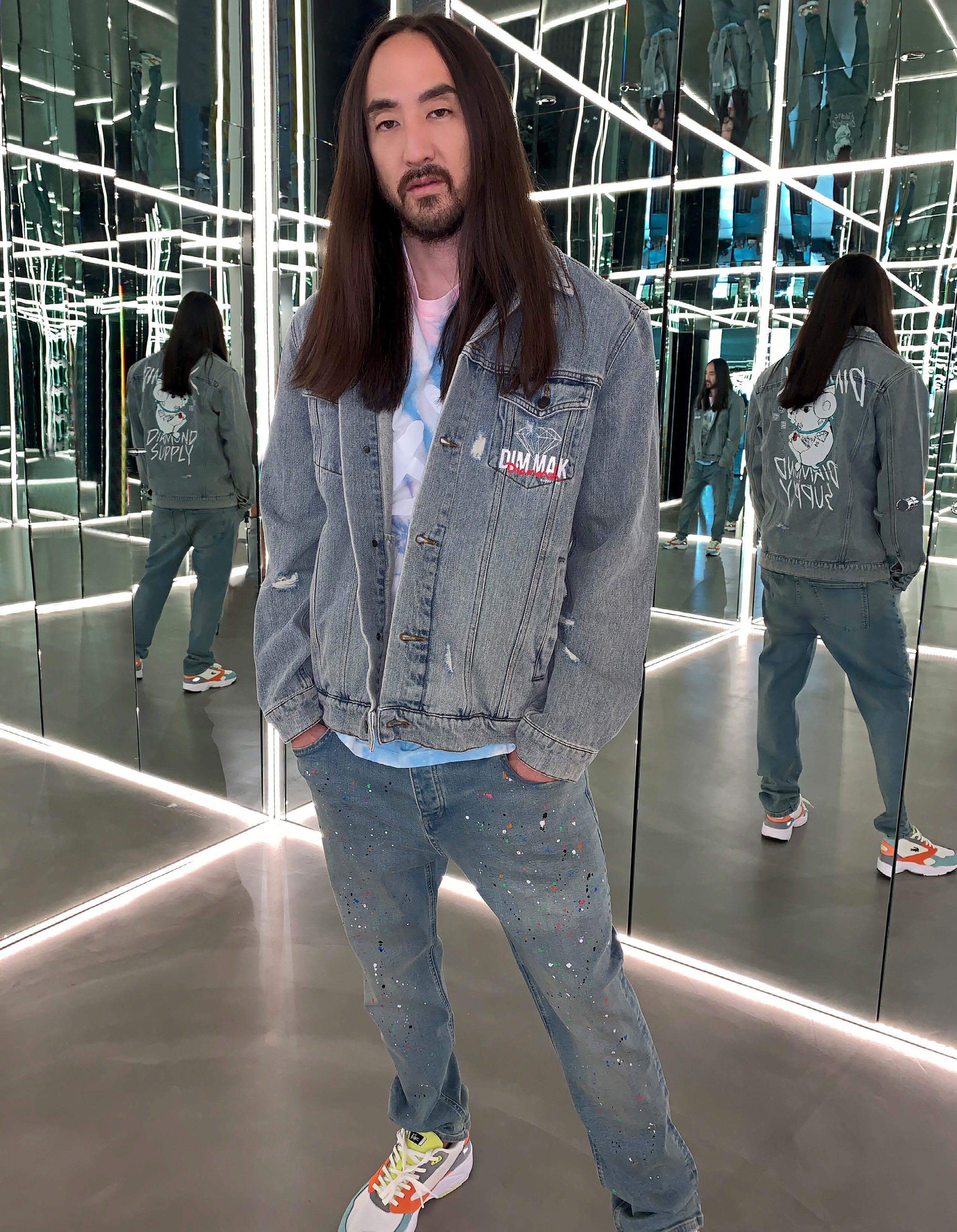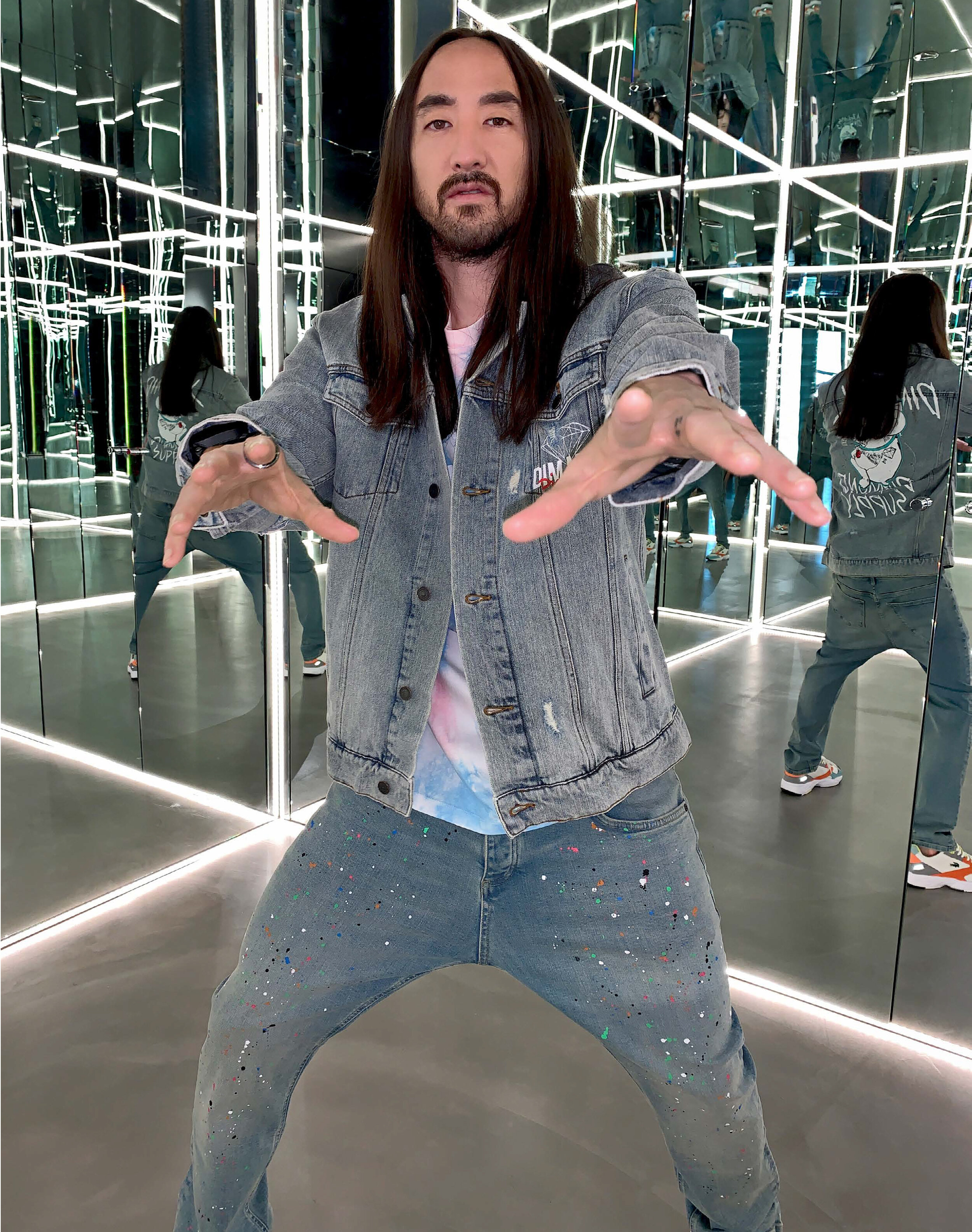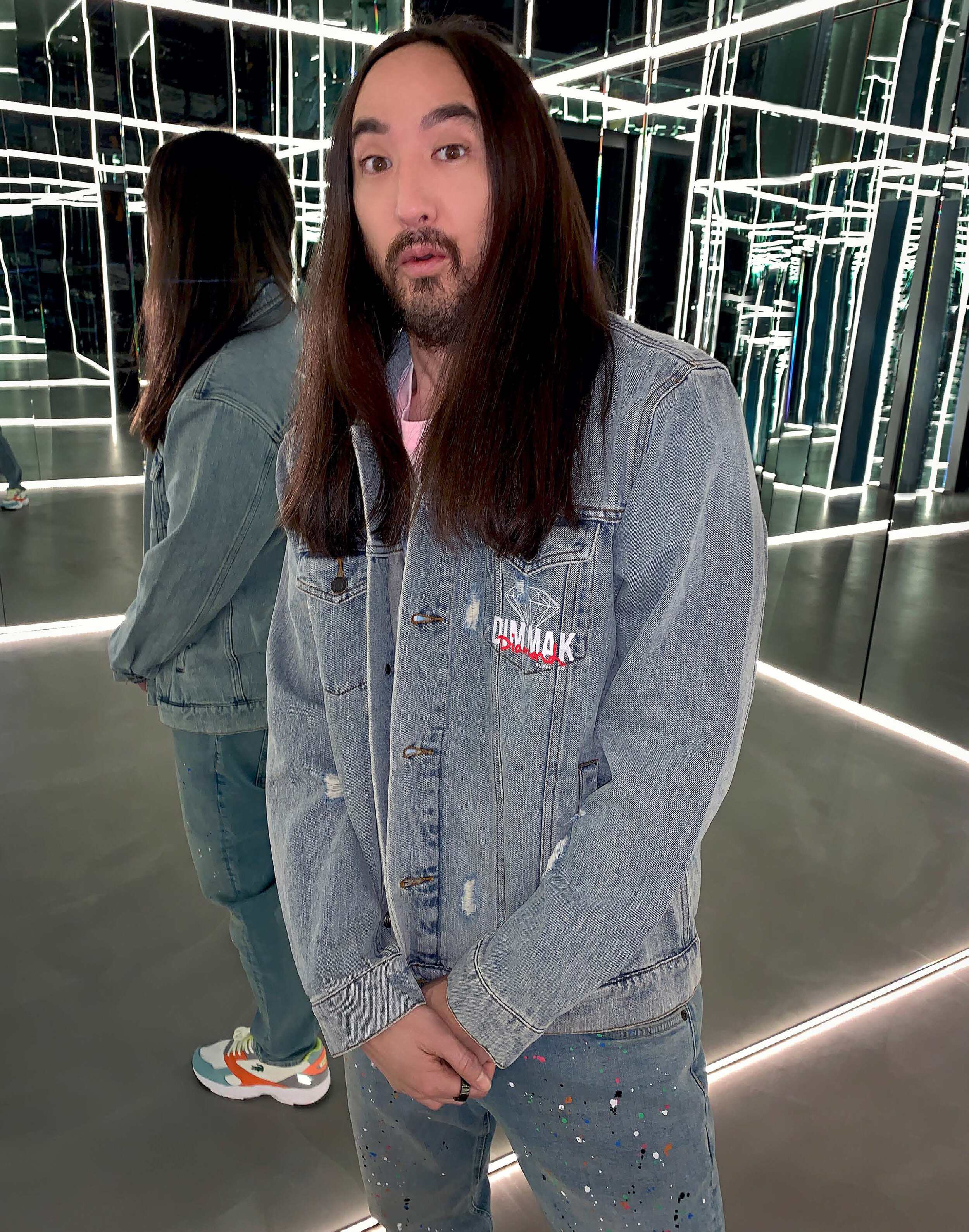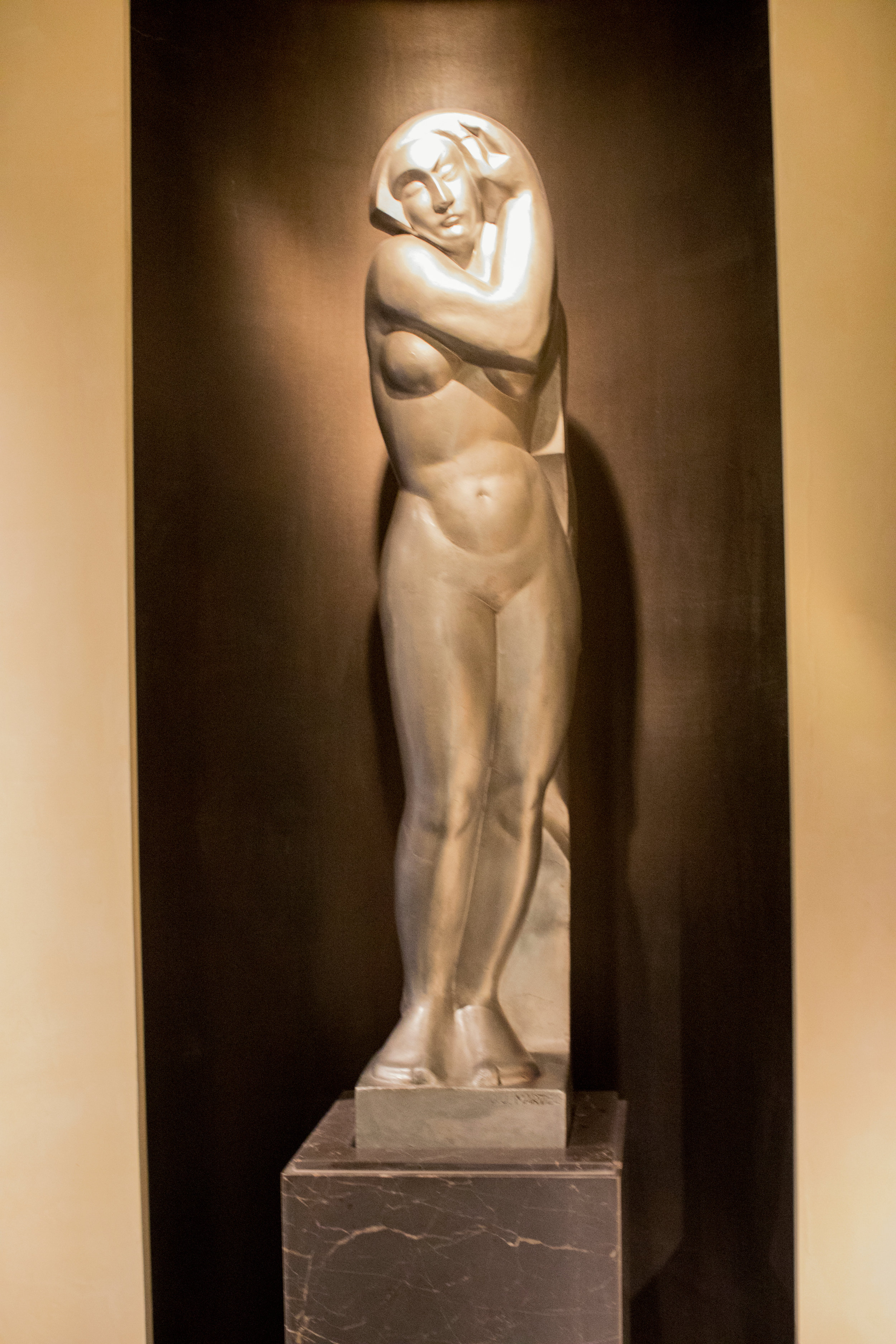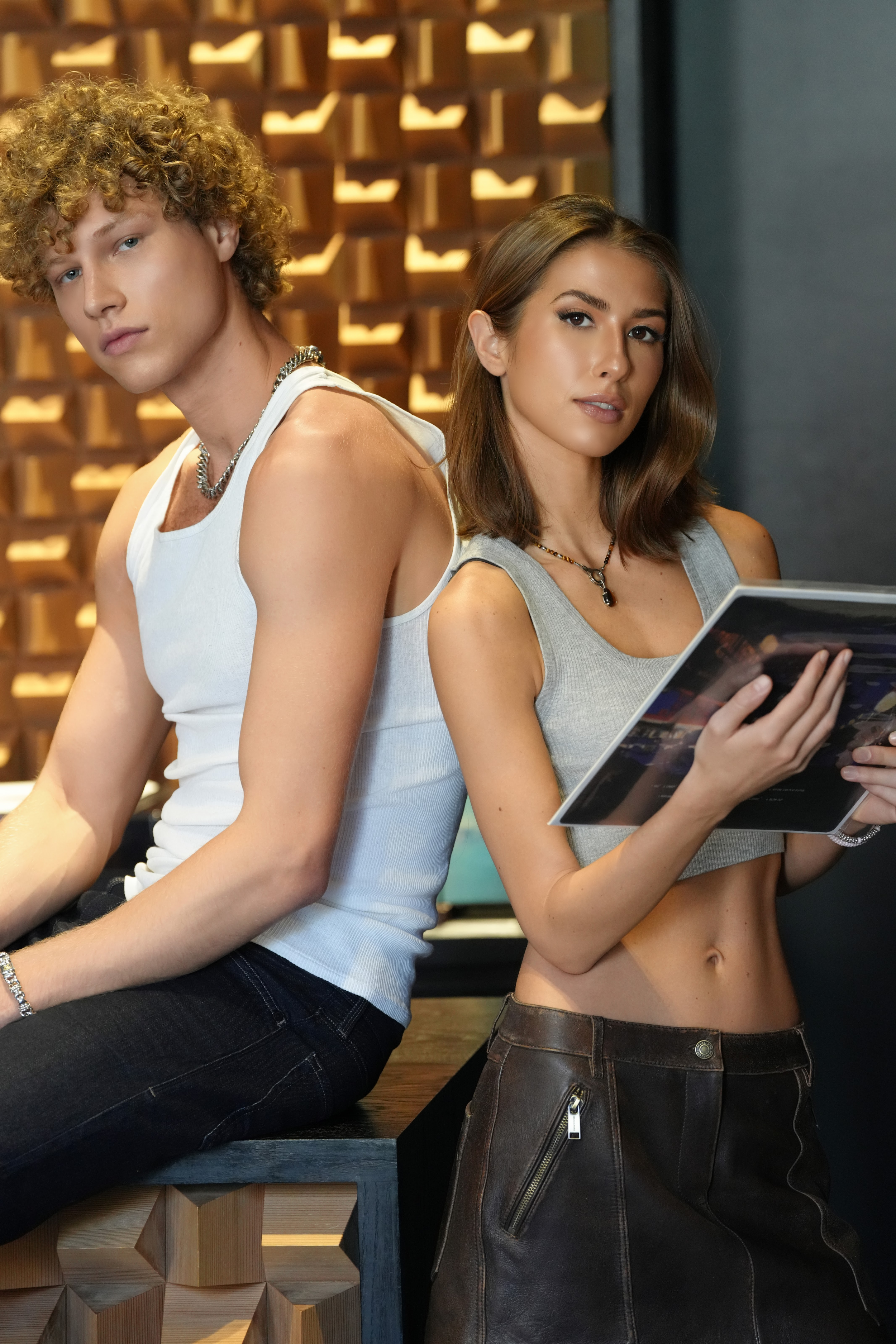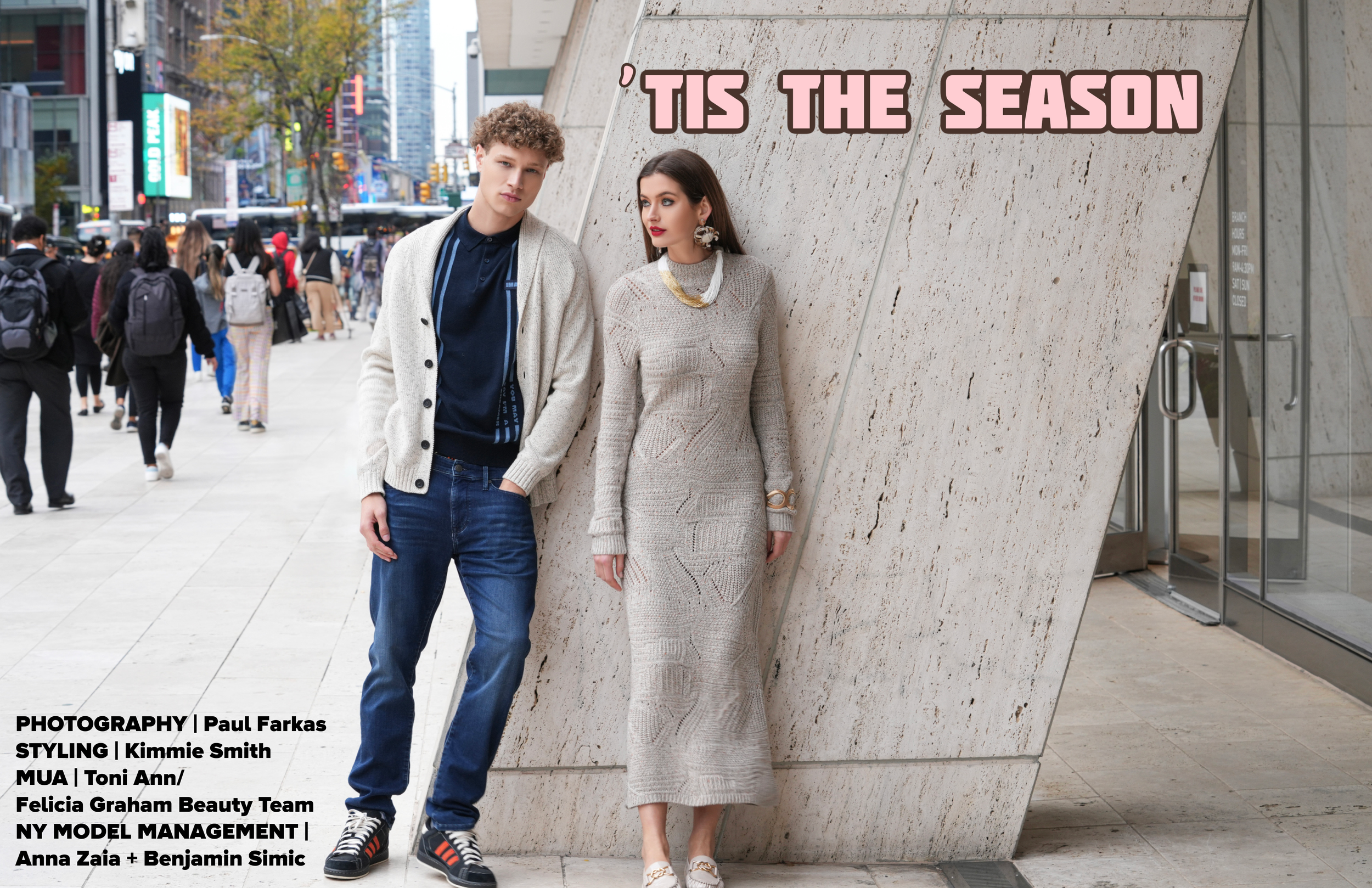AM: You have a number of projects coming up that you’re working on from your docuseries, iHeart Radio podcast and your screenplay that’s in development. What can you tell us about these so that we can keep an eye out for them?
JB: The docuseries is called,Unsung Heroes and it’s like my book but takes you on a journey through the decades from the 60’s forward of all genres of music and the socio-political elements that go into the decades and focuses on the A&Rpeople and those putting their careers on the line to discover these artists. It looks at the passion of the A&R execs through the decades of these people that no one wanted to sign. A lot like what I did with Linkin Park is carrying a vision with the artists to affect the world in a positive way. Whether it’s the transition from Disco to Rock and Punk or the transition from Heavy Metal/Hair Bands into Grunge and the rise of Hip-Hop. This is told through those decades and that’s what the docuseries is about.
The podcast is along those lines too. Telling the stories of A&R people and sharing their experiences.
My screenplay is a psychological thriller/horror movie that is about 5 celebrities that find themselves in rehab all with intertwining pasts and each one is facing their own demons, but there is a killer in the rehab facility and it is kind of a combination with Saw X Scream X The Breakfast Club. So it’s very character-driven and it’s all diversity. It goes into diversity issues, #MeToo movement, cultural issues and also deals with depression and the pressures of being a celebrity which is why they are in rehab. The effects of what stardom makes us do and how to keep that stardom so they go on that killing spree.
AM: What led you to wanting to create this kind of screenplay?
JB: Actually, it came out of the book. I had basically finished the outline to One Step Closer and I was dealing with the thoughts of Chester, depression and rehab and substance abuse. How people are dealing with it and how it affects everybody. It’s interesting that you’re making me think about this because I was on a softball team with a guy and the sponsor was a re-hab clinic in Malibu. I just got to thinking that it would be really cool if there was a psychological thriller about these celebrities in rehab and them killing each other and that’s the truth! I wanted to make it a super whodunnit and I love it. I’ve got hopefully, several stars attached and 1 really huge star that I am hoping to get.
AM: Is there a difference for you when you’re working with an artist on their album versus a soundtrack for a film?
JB: When you’re working with one artist on their album, that is a cohesive vision and it’s all supposed to sound like one journey. When you’re on a soundtrack, it’s inspired by the diverse moments in that film. You’re working with several artists. The songs can be inspired by, written for or existing songs that you can choose to emphasize moments in that film.
AM: What is your creative process in writing a song versus being an A&R and then as a producer?
JB: My creative process in writing a song depends on whether I’m writing with another writer or I’m writing with the artist as it matters entirely on the voice and the experience of the artists that are performing it. You want to make it authentic to that artist. I think it’s ideal when it’s co-written by the artist because it’s more true and authentic to them. As anA&R person, the A&R overseas and isn’t as present in the actual writing process. But they oversee the vision and the A&R person works that vision through the record label and to the public as opposed to a producer who is guiding in the studio, getting the right performances, making suggestions on sound, songs and they also oversee and help create the vision. All three are different roles.
I’ve done for example, I had a band that I had known as The Last Good Night, where I played the drums, co-wrote all the songs, A&R’d it, produced it and published it. That was very rewarding because I won a BMI Award as one of top songwriters fora song called Pictures of You and literally that was hands in every role that there possibly is. So rewarding and each role was different. In doing that, it takes a lot of trust from the artist.
AM: You have your entertainment firm, Century Park Entertainment, tell me more about this and what do you offer there?
JB: Century Park Entertainment is where we manage – I have 3 different artists right now who are a variety of DJ, performers, musical artists and songwriters, produce, we have the docuseries, the screenplay and the book. So it houses literary, television, film and music.
AM: How do you define an iconic voice? What does that mean to you and what does it trigger when you hear it?
JB: An iconic voice is an identifiable and unique sound or tone. That could be in a voice. I discovered Daniel Powter who sang, Bad Day, he had a very iconic voice. The same is true for Jonathan Davis, Ches-ter, Fred Durst and Macy Gracy. I think that when you hear a song and it’s playing on the radio and you hear it within 3 notes whether it’s the bass line, guitar line, drumbeat or a vocal and you know who the artists is – that’s iconic.
One thing I always listen to for me, Queen is the epitome of that – when you hear Brian May’s guitar’s tone, Freddie with his voice obviously and the sound that I really believe is Roy Thomas Baker his production on the snare of the snare drum for the percussion is iconic. It’s this mixture of a snare with the high hat and I just love it! Anyone of those things, you can immediately tell who these artists are whether it’s ACDC, Led Zeppelin or whatever. Often the things I look for is authenticity and for the artists to be able to speak their truth and for it to be believable as if you’re speaking towards a friend. On top of that, you need star power, the ability to engage and connect with the listeners, hit songs and above all the quality that a great artist and great songs make you feel like you belong. At the end of the day, we’re all outsiders but at the end of the day, great artists make us feel like we’re not alone.
AM: We always ask our trailblazers who we find to be inspiring, who are 3 people whether personally or professionally that you know or follow that have inspired you to be where you are now?
JB: One I would say is Jason Flom. He’s an A&R executive who started when he was 18 and I just love his passion and immediate belief in artists. He was one of the first people that I met and was really impressed with because he’s authentic and he’s remained a great friend and I have actually worked with him at Virgin. He hired me and that’s where I got The Good Night and where I earned the BMI Award for.
The people that I have encountered in my life – one was Harvey Levin which sounds horrible but I interned for him when he was a legal reporter at KCBS-TV news during college. He took me along on the ride-alongs to the courts. The other assistants rebelled and said I should be licking envelopes. I was an actor during college to get me through and my commercials were playing at the time in the newsroom and Harvey stood up for me and took me with him and said that I should be a legal reporter. He felt I was creative and good on camera. He said go to law school because I didn’t want to just be an actor. I thought it was really cool that he had me interact with him and I learned from that. He inspired me enough to go to law school which was horrible and I modeled my ability to mentor people like Brad Delson from Linkin Park and other people. Almost all of my interns and assistants have all gone on to be millionaires and major senior level executives in the music business. Brad, I took under my wing and his band obviously became Linkin Park and I included him in every single meeting and phone calls, talking to him about the music business and we had synergy with what I was learning because I was a new executive and I allowed him to experience what I experienced and I think that that is extremely important. My last intern helped me guide my book a little bit, he was a UCLA intern and he ended up after I showed him my screenplay, he helped give me some ideas and I gave him writing credit on it. I really believe in interacting with people.
The third person, there’s this guy Richard Blackstone who was my boss at Zomba Music Publishing and he was supportive with my vision even when he didn’t quite understand it. After I became successful, he told me that he always told me no and that he knew he should let me sign some-thing when I kept pushing after a month or two. He trusted my judgment and knew that the stuff that I cared about, I would keep pushing for. It also made me realize that I shouldn’t just jump on a reaction because interesting fades over time. But when he could imagine me jumping on my desk over something, then he could see me signing it. He ended up running Warner Chappell Music and BMG after awhile too.
IG @JeffBlueMusic
PHOTOS COURTESY | Jeff Blue
Hear multi-platinum record producer, A&R executive, songwriter and lawyer Jeff Blue on an upcoming episode of our show, #TRIBEGOALS - which is a part of Athleisure Studio, our multimedia companion podcast network! Subscribe to be notified when the episode drops. Listen on iHeart Radio, Spotify, Apple Podcasts, Amazon Music, Google Podcasts or wherever you enjoy your podcasts.




